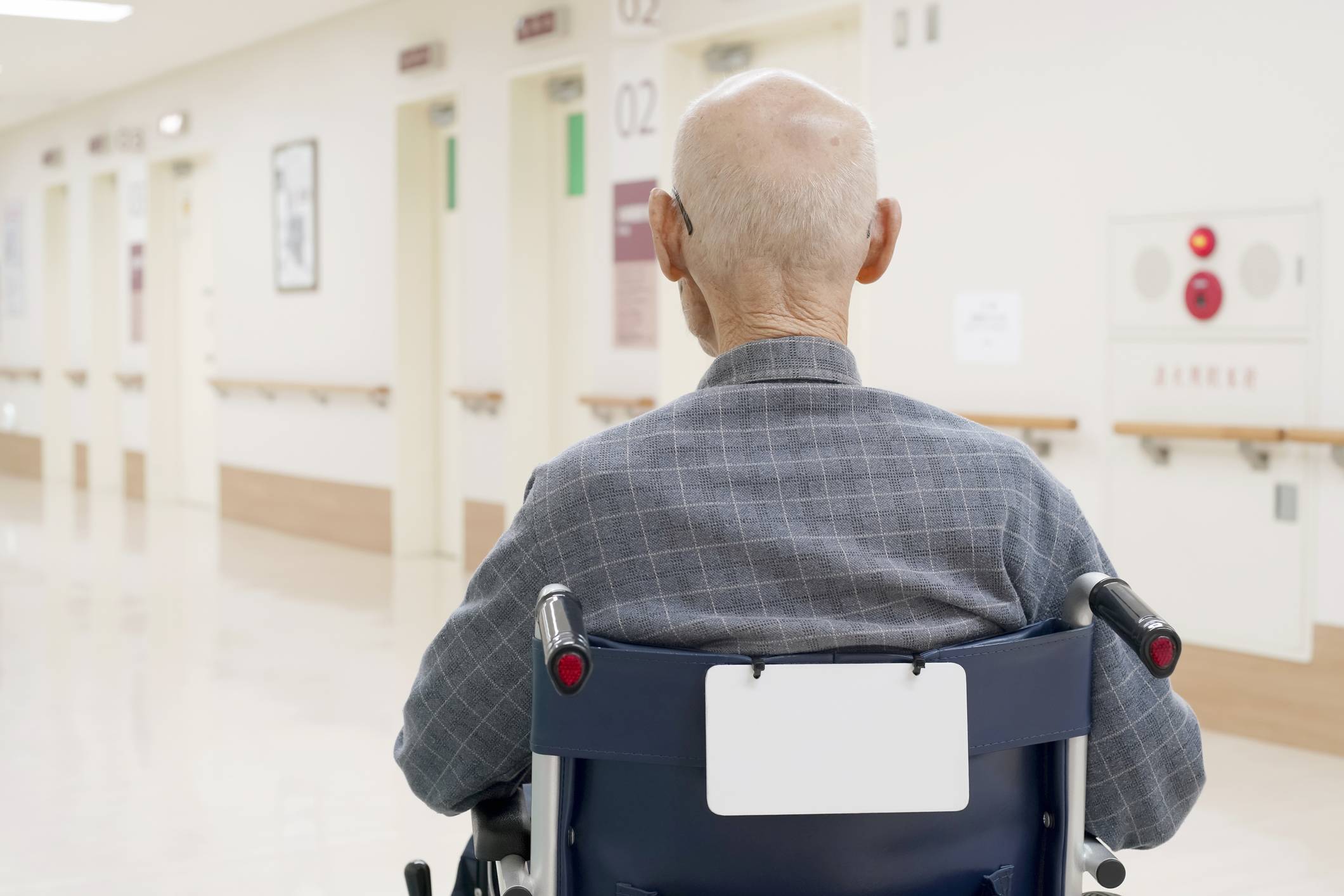Earlier this month, the Cabinet approved a proposal that would require people over 74 to pay 20% of health care costs out of pocket, thus doubling the portion they currently pay. The plan would apply to single person households with yearly incomes of ¥2 million or more. For a two-person household where both residents are over 74, the threshold is ¥3.2 million.
Residents enrolled in the national health insurance system currently pay 30% out of pocket, and then 10% once they reach 75. Many older people live on fixed incomes and tend to use health care services more than younger people do, so the government believes that, due to the growing elderly population, younger people — the "working generation," as the government calls them — are being unfairly stuck with the bill for their parents' and grandparents' health care.
The media has found nothing strange about the plan: What's wrong with asking older people of means to pay a larger share of their health care costs? But that justification springs from a basic understanding that the health insurance system as it stands is fair, when, in fact, it isn't.

















With your current subscription plan you can comment on stories. However, before writing your first comment, please create a display name in the Profile section of your subscriber account page.